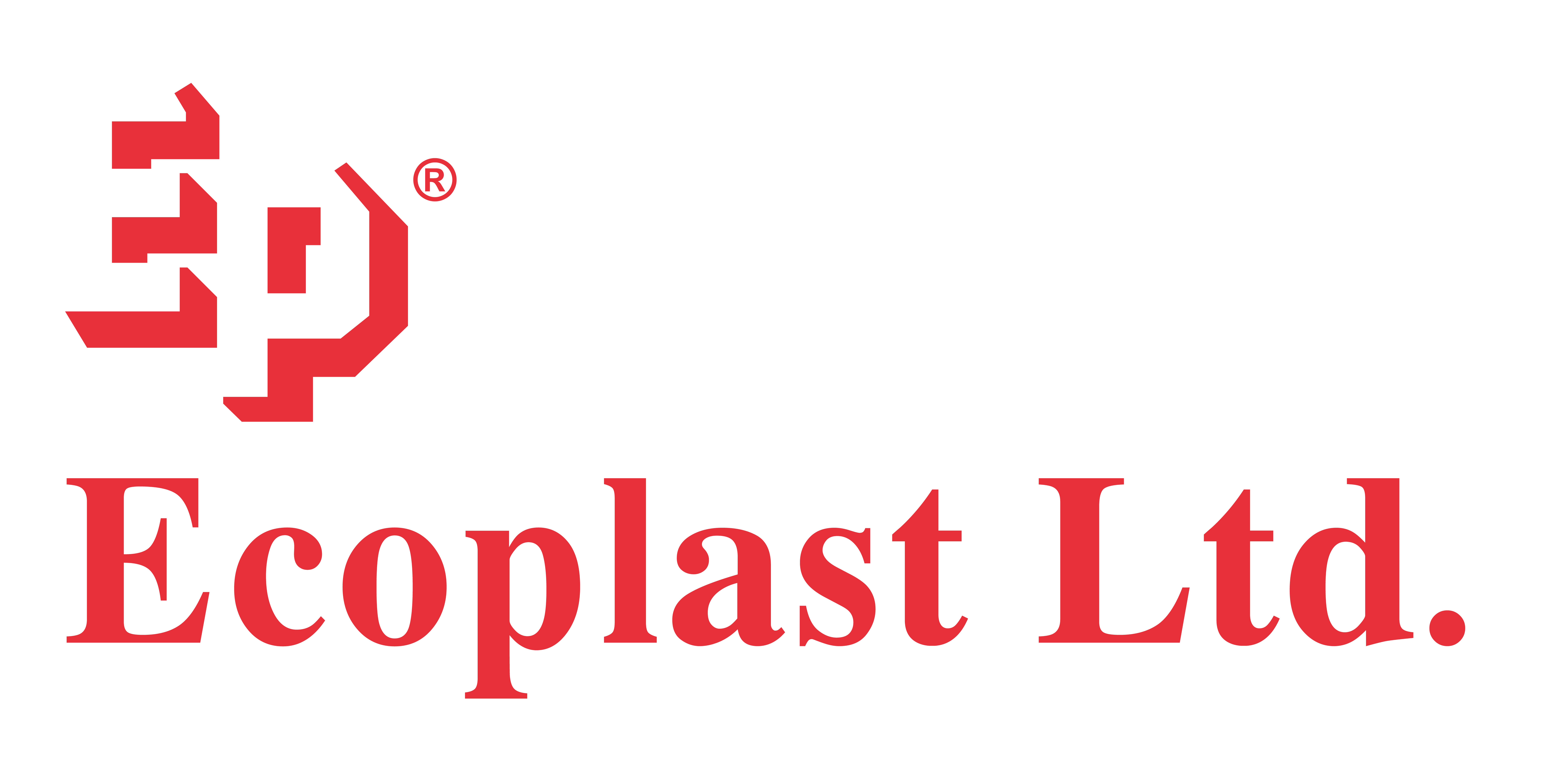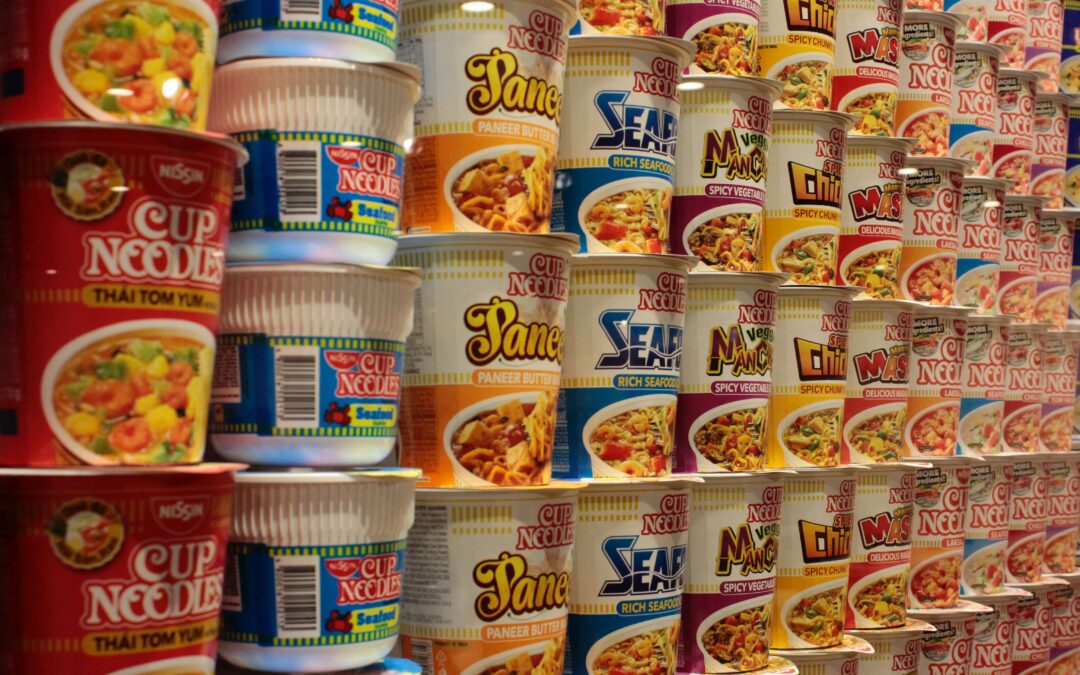Discover The Many Perks Of Polyethylene Films: Production, Types & Uses
As much as we love stepping out and breathing in the fresh air, fact remains that it is not just revitalizing oxygen in the air. It also contains specks of dust, spoilage bacteria, humidity and other unwarranted particles. While our bodies are trained to survive and thrive despite it all, the food and the products that we consume are unfortunately not. This is where polyethylene films come to our rescue. Let’s explore what a polyethylene packaging film is, along with its uses, types and many advantages-
What Is Polyethylene Film?
To put it simply, a Polyethylene (PE) film is essentially a plastic film made from hydrocarbons, which is mainly obtained from natural gas or petroleum. Because of its wide use, polyethylene has many names in the market – ‘plastic sheeting’, ‘polyethylene sheet’, ‘poly sheeting’, or ‘poly film’.
It is a direct product of petroleum, which is why its costs are subject to the change in accordance with the oil prices. Usually, it is made available in rolls. Polyethylene sheeting is your best bet when it comes to plastic protection. The beauty of these flexible films lie in the fact that they can be tailored to perfectly fit into a project’s requirement. This is done with the help of additives such as U.V. inhibitors, fire retardants, and other anti-static additives. These additives are adept at changing the functionality of the film, ensuring that it best serves its purpose.
What is polyethylene film used for? With its multiple features and unquestionable benefits, the list of polyethylene film uses is rather long. These films are then used in construction as vapor retarders, window films, flooring and countertop protection, and even in roofing. They can also be used to seal off rooms, cover building materials, and be used in lead abatement projects. It works wonders when it comes to slowing down run-off on hills, and keeping lead out of the ocean during shipbuilding projects.
What Are The Common Polyethylene Film Uses?
Apart from being the most sought-after plastic film, it is the most cost-effective labeling material out there. This is one of the primary reasons for the polyethylene film’s increasing demand. It is used for a wide range of applications, to name a few primary ones:
- Packaging
- Manufacturing Plastic Products
- Manufacturing Labels
- Protecting Machinery / Equipment
- Covering Surfaces In Indoor Painting
What Are The Polyethylene Film Types?
Polyethylene films come in enviable variations. It can also be manufactured in different colours or be transparent. In addition, plastic sheeting comes in a wide range of thicknesses. The thicker the virgin film, the stronger it is. The film gets thicker as the numbers of mils increase. The three most common types of polyethylene are:
1. Low-Density Polyethylene (LDPE)
This one is commonly used to manufacture plastic products like shopping bags. It is a highly flexible material with unique flow properties.
2. Linear Low-Density Polyethylene (LLDPE)
This one is more or less the same as LDPE. The only difference is that it can be altered by adjusting the formula constituents using less energy during production. This potential gives it a winning edge over LDPE.
3. High-Density Polyethylene (HDPE)
This type of plastic has a denser form, and the end-result is usually stiff plastic, thanks to its highly crystalline structure. It is commonly used to manufacture garbage bins, milk and laundry detergent holders, cutting boards, and the likes. The HDPE plastic does a great job of protecting the groundwater from toxic chemicals from oil drilling or from landfills.
7 Advantages of Using Polyethylene Film
Its many advantages are what makes a polyethylene film a preferred choice. The below listed advantages vouch for their dependability-
1. Assured Protection:
The first and foremost responsibility of a polyethylene film is to provide excellent protection. It is leakage-proof, and great for heat sealing; meaning that it can be wrapped around the product and secured with an airtight seal. PE is quite popular in the electronic industry as it provides excellent protection from moisture and tampering, keeping the electronic components safe.
2. Extremely Lightweight:
The best part about these films is their easy management in terms of transport and storage. They are incredibly lightweight, and require very little storage space. Its easy transportation contributes to reducing the carbon footprint significantly.
3. Superior Flexibility:
Low-Density Polyethylene (LDPE) is soft, puncture-resistant, highly transparent, and heat seal-able, making it the ideal choice for wrapping products, tubing, and packaging of auto parts. The slightly denser version of LDPE is used to manufacture packaging bags for sharper objects.
4. Impact Resistance:
Poly sheeting is highly suitable for boat construction and protecting large containers that sail the uncertain sea waters. Why? It is chemical and impact-resistant, low maintenance, and facilitates buoyancy.
5. Highly Adaptable:
Polyethylene can be tailored to suit different needs. It comes in different colors, clarities, and thicknesses. It can best display the products, as well as keep them sheltered, if required. This PE trait makes it easier to advertise a product.
6. Low-cost Solution:
High-Density Polyethylene (HDPE) is extremely easy to process, yet economical. It is an opaque packaging leveraged for your everyday products like shampoo bottle, lotion bottles or flower pots; products that also demand a certain degree of marketing appeal.
7. Excellent Rigidity:
Given that they have a solid structure and are moisture-resistant, they are used to manufacture water bottles (along with the bottle caps), vegetable oil bottles, and milk cartons. Of all the plastic offerings, PE wears the crown when it comes to excellent rigidity.
Ecoplast India, Polyethylene Film Manufacturers In India
Ecoplast Ltd is one of India’s most respected and largest polyethylene film suppliers (multilayer co-extruded polyethylene and co-polymer films) We cater to the flexible packaging industry as well as a variety of other specialty applications around the world.
Over the last two decades, Ecoplast has also proved its expertise in designing and manufacturing Surface Protective Films which protect products such as steel, aluminum panels/profiles, carpets, tiles, glass, and all kinds of substrates from dust, scratches and other environmental impacts. Our four key offerings are:
- Ecogen™ – Lamination Films
- Ecoprotect™ – Surface Protection Films
- Ecobond™ – Adhesive Films
- Ecoprime™ – Speciality Films
Browse through our premium PE products online and benefit from their many features. If doubts still linger, feel free to give us a call at: +91-22-2683 3452 / +91-22-2683 1403, or drop an email at: [email protected]


Recent Comments